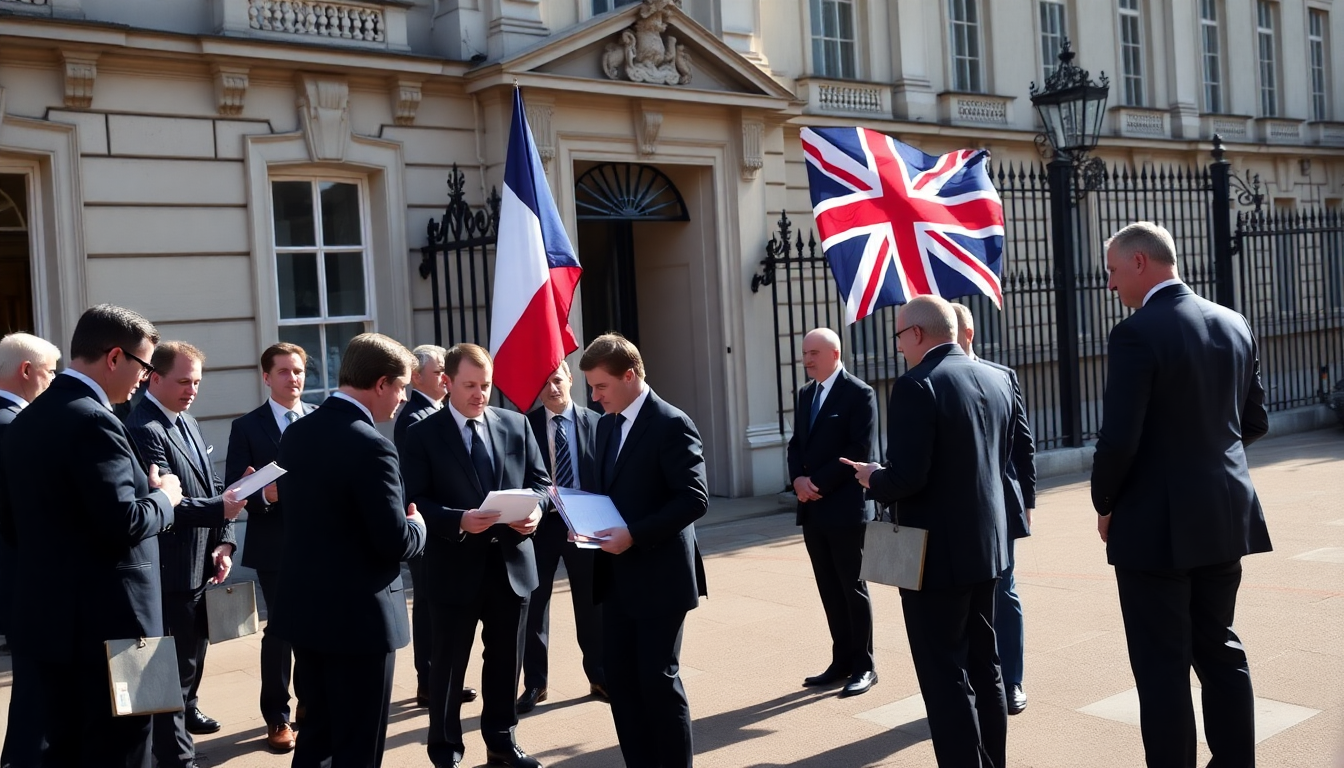Table of Contents
This week, London is rolling out the red carpet for French President Emmanuel Macron, and it’s more than just a formal visit—it’s a significant moment for Franco-British relations. This state visit, the first extended to a French president since Nicolas Sarkozy in 2008, symbolizes a fresh start after years of tension. But as these two leaders come together, they’re faced with the tricky task of navigating their relationship with the unpredictable American president, Donald Trump. How will this dynamic affect their diplomatic efforts?
Restoring Franco-British Relations
The recent warming of relations between UK Prime Minister Keir Starmer and President Macron is noteworthy, especially considering the rocky history between their countries. Under Starmer’s leadership, there’s been a clear push to mend the frictions that have marked UK-France interactions, particularly in the wake of Brexit and various political upheavals in recent years.
This state visit promises discussions on essential cooperation areas such as defense, migration management across the English Channel, and advancements in nuclear collaboration. Plus, there’s a royal welcome at Windsor Castle, which symbolizes the strengthening ties between the two nations. But let’s be honest—these public displays of friendship might just be glossing over deeper rifts that are starting to show.
Specifically, while London and Paris have worked closely to keep Trump engaged in peace talks regarding Ukraine, frustrations are mounting over how each side is handling this intricate relationship. Macron has taken a more confrontational approach with Trump, while Starmer seems to prefer a cautious strategy. Which approach will yield better results?
The Influence of Trump on Franco-British Dynamics
Engaging with Trump is a unique challenge for both leaders. Former British diplomat Peter Ricketts points out that relations have improved significantly since the chaotic days under previous Conservative Prime Ministers. However, he also notes that “temporary tensions” still linger.
Concerns have emerged about Starmer’s willingness to appease Trump, especially after the recent agreement to ease U.S. tariffs on British goods, which could irritate French interests. Some French diplomats are suggesting that Macron will likely urge Starmer to stand firm and maintain a united European front against any unilateral concessions to the U.S. Is this the right strategy for long-term stability?
Moreover, there are signs that Macron is increasingly focused on his legacy as his term winds down, which could lead him to adopt a more nationalist stance in his foreign policy. This introspection might complicate collaborative efforts, especially as negotiations related to Ukraine and pending security assurances continue.
Looking Ahead: Potential Outcomes and Strategies
Even with the visible warmth between Macron and Starmer, underlying issues could influence the future of their relationship. The ongoing debate over fishing rights and how to manage illegal crossings in the Channel remains a point of contention.
As these two nations work through these complexities, fostering a cooperative spirit while respecting national interests will be key. The upcoming coalition meeting during Macron’s visit represents a crucial opportunity for both countries to clarify their positions and reaffirm their commitments to shared goals.
In the end, while a public display of unity is important, both Macron and Starmer must be ready to tackle the intricacies of their relationship with Trump, as well as the larger European context. Their ability to balance national priorities with collaborative strategies will be vital in keeping the momentum going in this renewed Franco-British friendship. Will they rise to the occasion?


